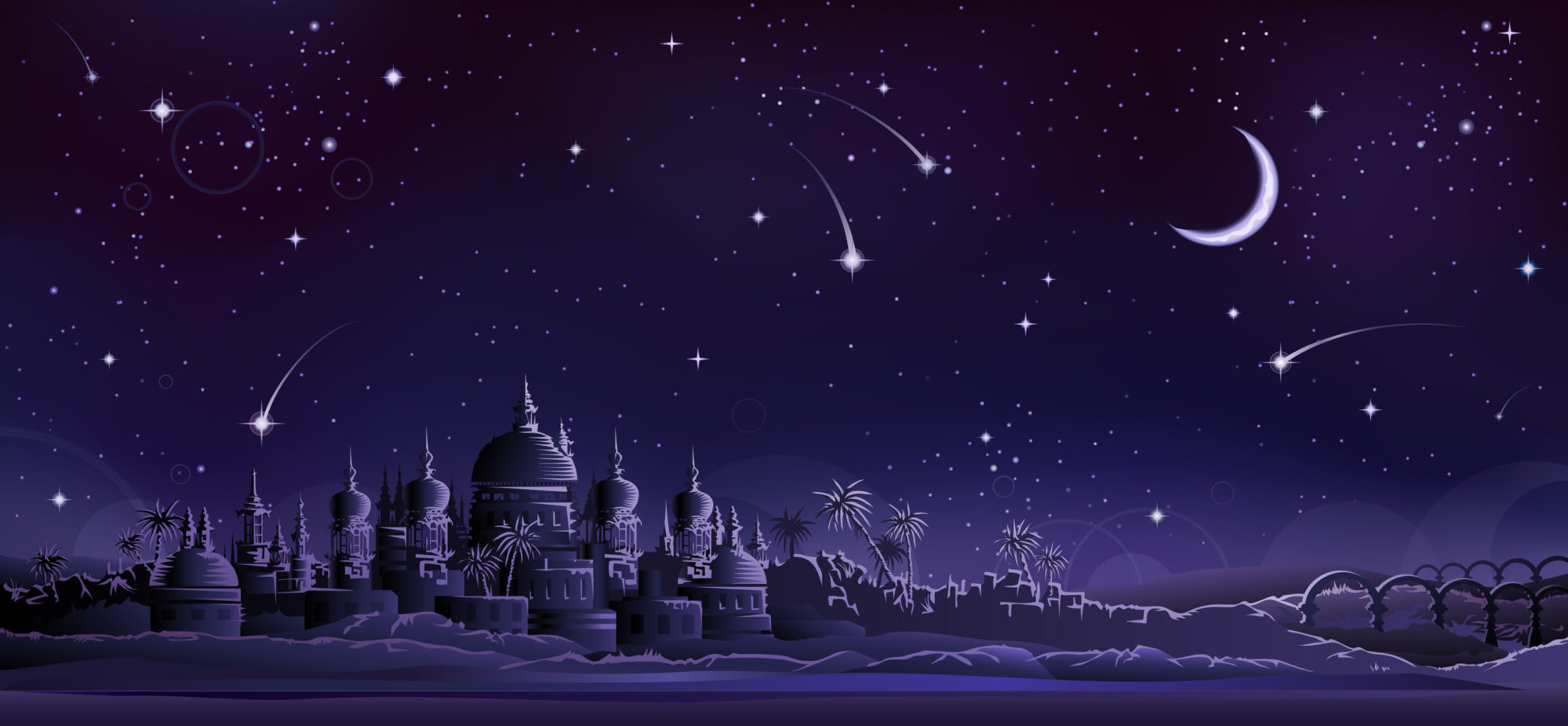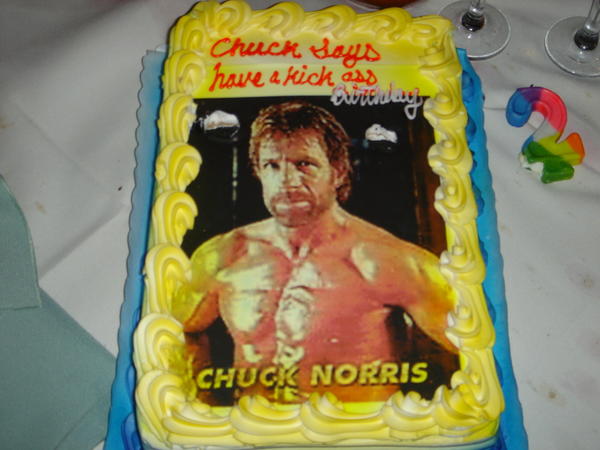On Monday, Young Adult (YA) fantasy authors Rachel Manija Brown and Sherwood Smith posted an article on Publishers Weekly’s Genreville blog about their experience trying to sell a post-apocalyptic novel that featured a gay Japanese character.
An agent offered representation on the condition that they change the character from gay to straight, or remove him from the manuscript and/or omit references to his sexual orientation.
The character in question had a boyfriend, and according to the authors, the relationship was depicted in-line with those of the non-gay characters, i.e. no graphic sexual content, basically PG-rated.
I encourage people to read the entire article, which provides an excellent call to action for agents, editors, authors and readers who support LGBT portrayals in YA.
It’s a topic that has come up before, most recently when author Jessica Verday pulled her story out of the YA fantasy anthology Wicked Pretty Things, because the editor asked Verday to change the gender of one of her main characters to depict a non-gay relationship. The incident sparked the creation of the fansite GayYA.org to promote LGBT portrayals in YA.
Brown and Smith make the point that their experience is not an isolated incident, and they invoke the heterocentric tendencies of the publishing biz. Certainly, some LGBT YA gets published, but it’s a tough mountain for authors to climb, in an industry where the slope is insanely steep regardless of what you’re writing about.
Author Melinda Lo wrote a great article on the subject: “How Hard is it to Sell an LGBT YA novel?” Therein, she makes the sensible point that LGBT YA will always be tougher to get published than non-LGBT stories simply because the readership will always be smaller. Most readers aren’t LGBT. The number of non-LGBT readers who are interested in LGBT books is relatively small. Thus, the bar is higher for those of us who write LGBT characters. Our stories must be spectacular and resonate with a “wider” (meaning: non-LGBT) audience.
Lo says she never felt any pushback from the publishing industry in writing her first novel (ASH) with a lesbian heroine, but many authors do. So for authors of LGBT YA, it’s not just the added burden of writing a novel that will appeal to LGBT and non-LGBT readers alike (does anyone ever ask authors who write books with heterosexual characters: could you make your story more appealing to an LGBT audience?). It’s the added burden of having to sift very finely through the heap of agents and publishers, to find one who is willing to get behind a high quality LGBT novel because they believe that LGBT portrayals are important, even if it’s a tougher sell to non-LGBT readers.
I don’t think this is a problem that gets solved on an agent-by-agent or an editor-by-editor level (nor do Brown and Smith argue that point). It’s about increasing the visibility of LGBTs generally so that the publishing industry sees us as the vital market that we are.
Beyond that, we need to educate publishing folks about our community. An interesting issue to be explored is: do LGBTs – and LGBT teens specifically – read more than their non-LGBT peers? My experience working with LGBT youth points to yes. As a routine evaluation of young people’s developmental assets and needs, we ask kids at my agency how many hours each week they spend reading. Youth at our drop-in center consistently score higher on this measure than youth in comparable, non-LGBT specific youth programs.
It’s just a preliminary indication, based on a small sample, but it makes intuitive sense to me. LGBTs frequently turn to reading for escapism, to reduce stress or to validate their marginalized experiences. It’s a positive coping mechanism. I’ve shared before that as a closeted gay teen, I sought out any gay lit I could find; in the 80’s it was gritty stuff by William Burroughs and Paul T. Rogers, so I can imagine how much more affirming it would have been for me to have the breadth of LGBT YA titles that are available today.
But it’s time for those titles to get out into the mainstream so that more readers know about them.


